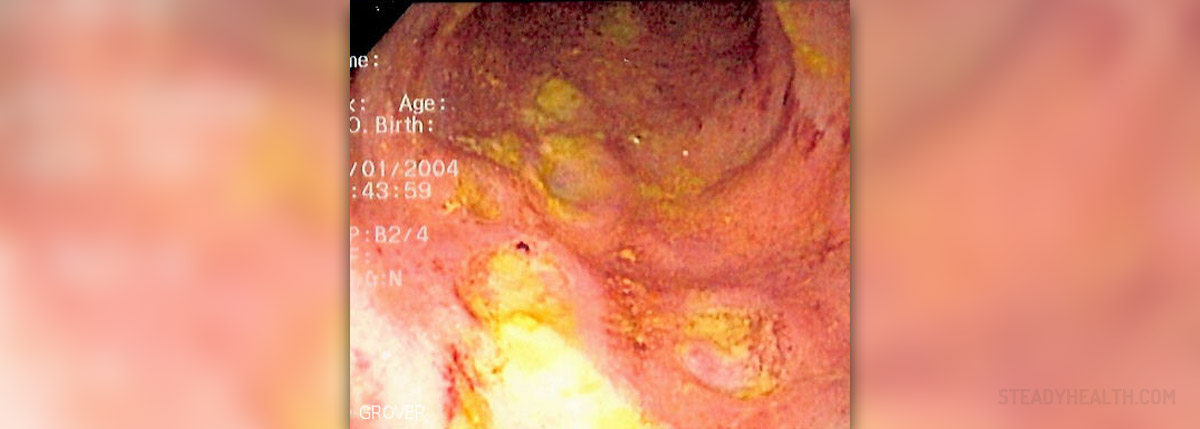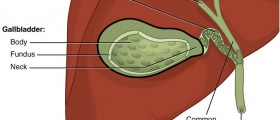
Crohn's disease is an inflammatory process that affects the parts of bowels, that affects the lining of the digestive tract. If untreated properly, it can lead to serious cases of diarrhea, strong abdominal pain, and even malnutrition. Surgery is performed in almost 60% of cases eventually, when a patient does not respond well to medications, or there is a serous complication in the development of the disease.
The problem is that Crohn’s disease can not be cured surgically. It affects colons, small intestines, or stomach, and even if the affected portions are surgically removed, inflammation can still be recurrent.
Symptoms of Crohn's disease may appear suddenly and may be very strong. Some of these symptoms include:
Abdominal cramping and painDiarrheaUlcersAppetite loss or reduced appetiteUlcer on the surface of the intestineFever FatigueSkin disorderEye inflammationArthritisEtc.
The causes of Crohn's disease are still unknown. At one point, stress and diet were attributed to possible causes of Crohn's disease, but it is known that many factors can or may attribute to development of this disorder, or maybe even aggrevate already the existing disease. Now it is believed that heredity (mutating genes found in the people with Crohn's disease are hereditary), or disturbance in the immune system functions (in cases when immune systems attacks certain bacteria or virus, causing inflammation) may be responsible.
In cases of Crohn's disease many complications are possible. These complications may be;
• open sores or ulcers• appearance of abscess of fistulas• excessive bleeding in the intestine • blockage or obstruction of intestines• bowel perforation or obstruction• malnutrition, diarrhea• abdominal pain• anal fissures, etc.
Depending on the location of the disease in the intestines, seriousness of complications, or progress of illness, appropriate surgical procedures may be performed. After the surgery you can use various medications, in order to minimize chances of colon cancer and of Crohn’s disease recurrence, such as 5-ASA agents or immunomodulators, or immunosuppressors like mercaptopurines, azathioprines, inflixmab or others.
Only combination of appropriate surgical procedure and post operative treatment with medicaments, can give you a chance to lead a normal life. You should also make appropriate accommodations and changes to your daily diet like trying to use low-fat food, limit dairy products intake, try high fiber diet, eat more fruits, drink more liquids and juices, take multivitamins, and try to make each of your meals small in quantities.
You should also try to enforce stress management, on yourself. Although stress do not produce Crohn's disease, it can make many gastrointestinal problems, which can then aggravate your Crohn's disease’s symptoms.

















Your thoughts on this
Loading...